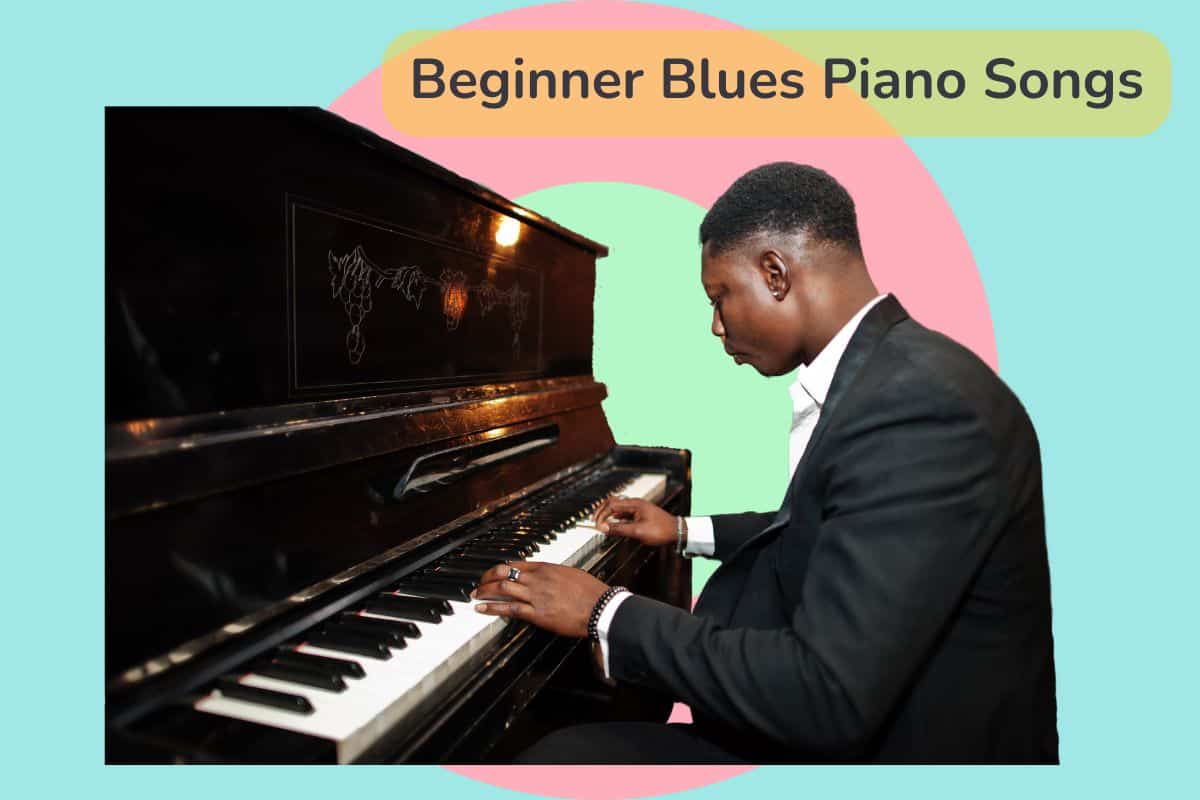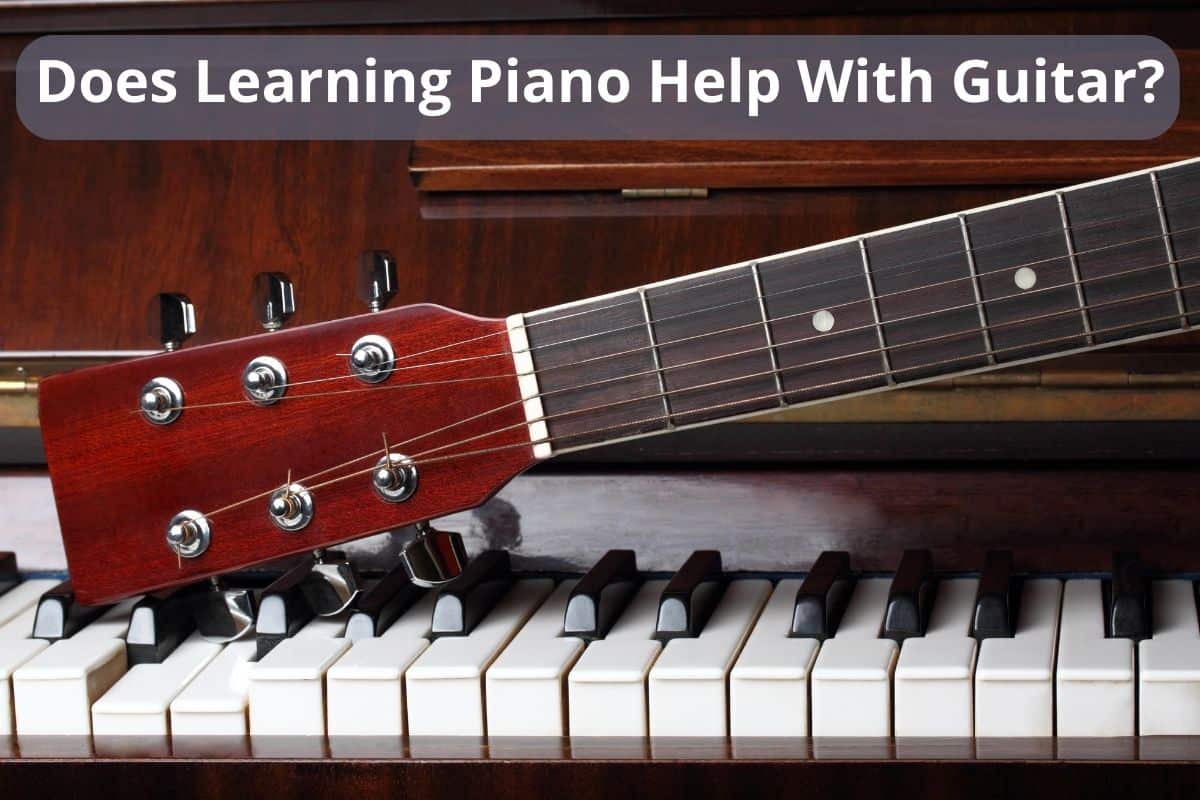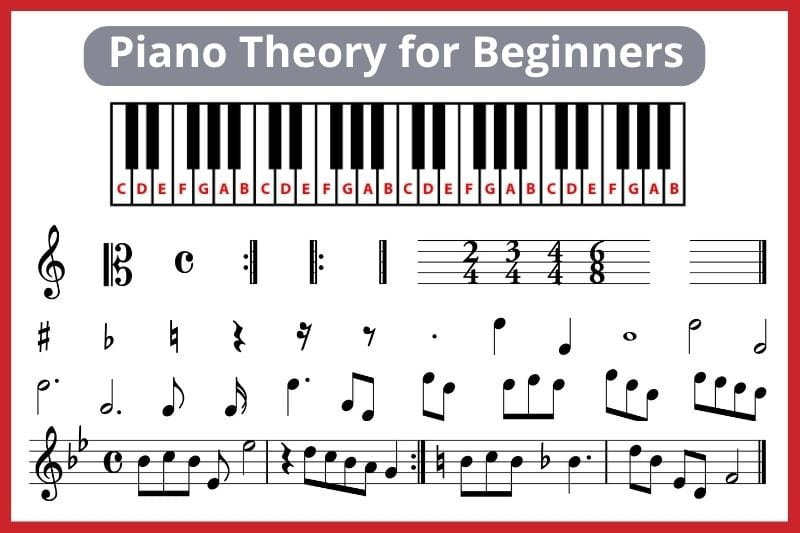Deciding whether to learn guitar or piano is a common dilemma for budding musicians. You might wonder which instrument is easier to master or which will allow you to play your favorite songs sooner. Both the guitar and piano have unique advantages and challenges when it comes to learning.

The guitar is often praised for its portability and the relatively quick gratification of strumming chords, making it appealing if you want to accompany singers or play in a band. On the flip side, the piano is a versatile solo instrument, ideal for both melody and harmony. It provides a clear visual representation of music theory.
Of course, ease of learning isn’t only about physical layout or versatility; it’s also about your personal dedication, musical goals, and the type of music you’re drawn to. While some find the linear layout of the piano’s keys more straightforward, others thrive on the complex string patterns and tactile experience of the guitar. Your choice should align with your musical tastes and the scenarios in which you envision playing music.
Comparing the Basics
When choosing between learning guitar or piano, you’re comparing vastly different instruments, each with unique demands. Here’s a look at what these basics look like for each instrument.
Physical Layout of Instruments
The piano has a keyboard with 88 keys, including both white and black keys that represent different notes laid out in a linear fashion. This layout helps you understand music theory as you can visibly see the scales and intervals. On the other hand, the guitar has a fretboard, frets, and typically six strings. Each fret represents a note, and you create chords by pressing down strings against frets in different combinations.
Initial Learning Curve
You may find simple melody playing easier on piano because you strike one key for each note. For chord playing, the guitar may be initially more difficult, requiring you to learn basic chords and chord progressions with specific hand positions. You’ll also need to develop hand strength and dexterity to strum or pluck strings effectively.
Learning to Read Music
Sheet music for the piano typically requires reading both treble and bass clefs simultaneously, challenging your hand independence. With that in mind, the guitar might seem more approachable due to tablature (tabs), a form of music notation that shows the placement of your fingers on the fretboard rather than traditional music notes.
Physical Demands and Techniques
The piano demands coordination between the left hand, right hand, and feet if you’re using pedals. Guitar playing involves wrist and arm movement for strumming or picking, and forming chords requires finger strength and independence.
Tuning and Maintenance
A guitar needs regular tuning, particularly each E, A, D, G, B, and high E string. You may also change strings regularly. Pianos, especially acoustic ones, need professional tuning and maintenance less often, but it can be more expensive when required.
Portability and Space
A guitar is highly portable and doesn’t require much space. Even if you choose an electric guitar, you’ll just need a small amplifier. Digital pianos and electric keyboards offer some portability, but acoustic pianos are stationary and require dedicated space.
Instrument Investment
Acoustic guitars can be very affordable and a good option for those with a tight budget. But, while you can find budget-friendly keyboards, high-end digital or acoustic pianos typically involve higher initial costs.
Sound and Music Genres
Pianos are prominent in classical music, jazz, and pop and offer a wide dynamic range. Guitars, with their distinct tone, suit rock, pop, jazz, and blues and can be found in bands along with bass, drums, and electric guitars.
Learning Material Availability
Both instruments have a wealth of learning materials available. Piano lessons often focus more on music theory and can provide a strong foundation. There is no shortage of guitar tabs and instructional content either, but it’s typically less focused on theory.
Practical Application and Versatility
The guitar allows you to easily join a band or accompany yourself as a singer. Pianos are versatile as well, serving both as solo instruments and central parts of an orchestra or band.
Key Considerations for Beginners
Consider your personal preference, the type of music you want to play, and the environment where you’ll practice. Both can be good starting points, but your goals and preference might sway your decision.
Theoretical Knowledge
Piano might give you a visual and intuitive understanding of music theory, which can be beneficial if you’re aiming to transition to another musical instrument later. Guitar provides a practical grip on playing patterns and rhythm essential for a range of styles of music.
Musical Expression and Creativity
The piano allows for intricate chord progressions and melody lines, opening a wide array of musical expression. With guitar, the ability to strum and pluck gives you a different avenue for creativity, especially in songwriting and music production.
Learning Progression and Milestones
Progress on piano involves mastering scales, chords, and increasingly complex pieces, including building hand independence. Guitarists work on chord shapes, strumming patterns, and eventually advanced techniques like fingerpicking and playing lead guitar melodies.
Frequently Asked Questions
When deciding to learn an instrument, you might wonder about the difficulty level and suitability of guitar versus piano. Here’s some answers to those common questions.
Which is more suitable for beginners, guitar or piano?
The guitar is often seen as a more accessible starting point due to its portability and the faster gratification of playing full songs with fewer chords. Pianos offer a clear visual representation of music theory, which could provide a deeper understanding from the onset.
What factors should I consider when choosing between learning guitar or piano as an adult?
Consider your musical preferences, physical ease of playing the instrument (hand size and finger strength), learning resources available, space for the instrument, and your goals—whether for casual play or formal performance.
Considering ease of learning, which instrument might be more appealing: guitar or piano?
Guitars can be more appealing for quickly learning to play songs and for self-taught musicians. Pianos may be more compelling if you’re looking to produce music or want a foundational understanding of music theory.



